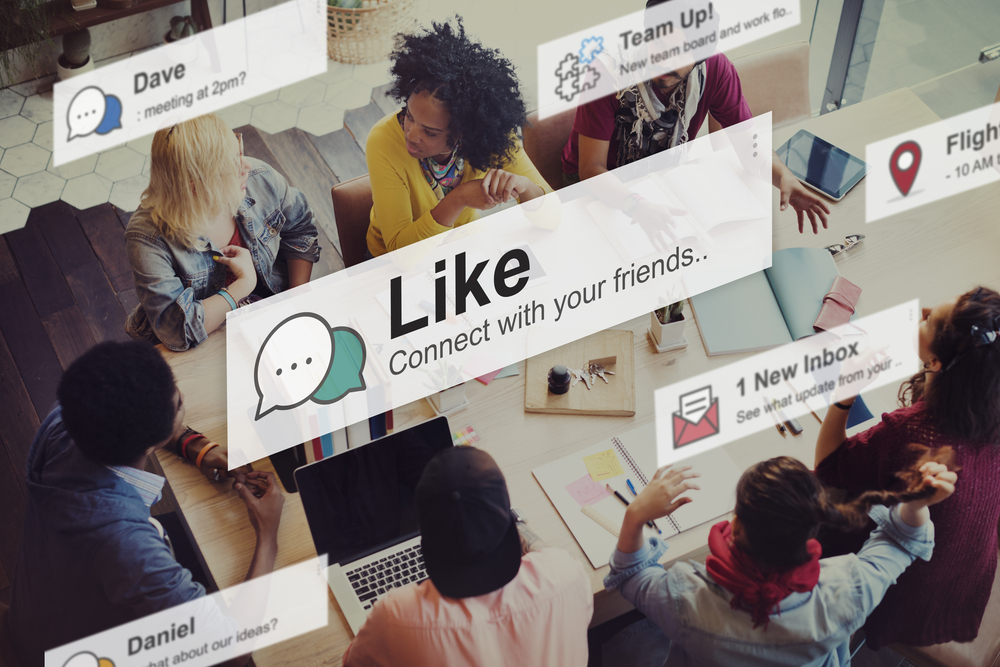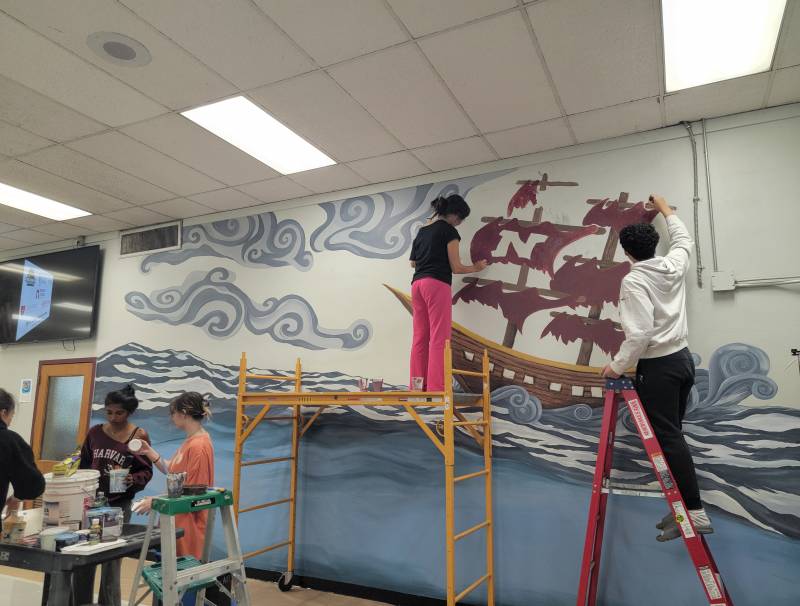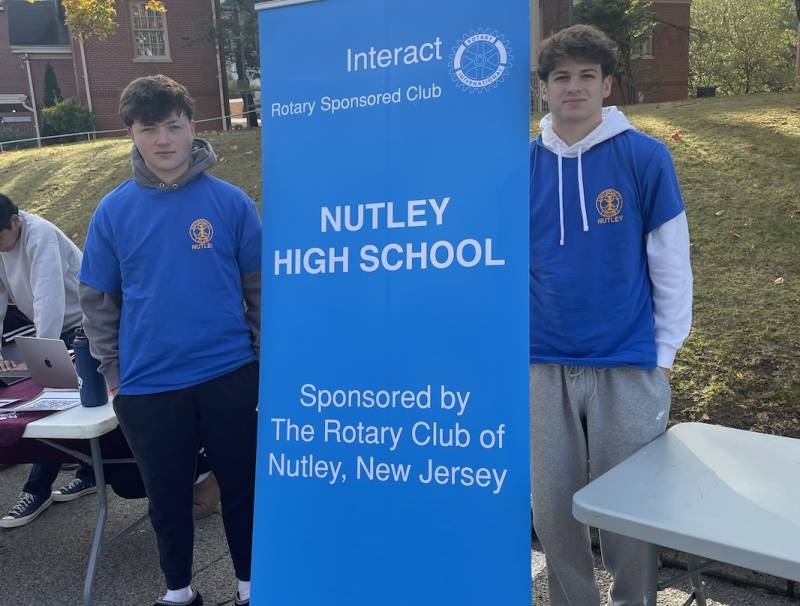Negative Effects of Digital Minds
In recent years, the use of social media among children and young adults around the world has been sky-rocketing as well as mental illness rates among the same age group. Like everything, there are benefits as well as drawbacks to social media. The most popular social media outlets are Snapchat, Instagram, Facebook, YouTube, and Twitter. Teens spend hours on these applications which leads them to being at a higher risk of mental health disorders. Some studies lack the evidence that proves that there is a connection between social media and mental health, but there is definitely a relation.
In 2016, 44.7 million people age 18 or older in the United States had a mental illness. “Facebook Depression” is now a common symptom of young adults. The American Academy of Pediatrics tells Center4Research.org, that “depression that develops when teens and preteens spend time on social media sites and then begin to exhibit classic symptoms of depression due to the intensity of the online world.” The idea of popularity and amount of likes or followers takes a large toll on young adults self esteem as well as their mental health. The culture that children and young adults are growing up in, is much different than their parents' childhood.
Hanging out with people face-to-face is an important factor to prevent mental illness. There are benefits to communicating over the phone, but it may lead to isolation. Suicide rates and thoughts, social anxiety, social isolation, and loneliness have greatly increased over the years due to the growing of social media. However, there is no direct correlation between social media and mental illnesses. Aaron Fobian, a clinical psychologist and assistant professor in the department of psychiatry at the University of Alabama, told NBC, “Teens could have depressive or anxious symptoms and therefore spend more time on social media outlets looking for a way to connect.” Some teens look to social media as safe havens, but they can either be creating the issue, or worsening it.
This generation of young adults and teenagers are also not getting proper sleep. NBC states, “Sleep deprivation affects mood and is associated with anxiety and depression, research shows.” Not only are they spending this time on social media, they are exposing themselves to light right before bed which delays their sleep by 30 minutes. It is important that this generation of digital minds, especially the younger teens and children, get the proper amount of hours of sleep and much less time spent on their phones. Fobian further tells NBC, “How lack of sleep and overall screen time affects one’s mental health is a real thing. And it’s not just screen time, but it’s also what screen time has replaced. That matters because spending time with people face to face is a big protective factor against depression.”
Some parents are unaware of the negative effect that social media has on their child’s mental health. The minimum age to access social media is 13, however, most children lie about their ages to join. It is recommended that parents check in with their children to ensure that their social media behavior is appropriate. It is also advised to encourage children to take social media breaks for days or even just a couple of hours. A child’s mental health is the most important thing and social media may be the thing that is destroying it.









